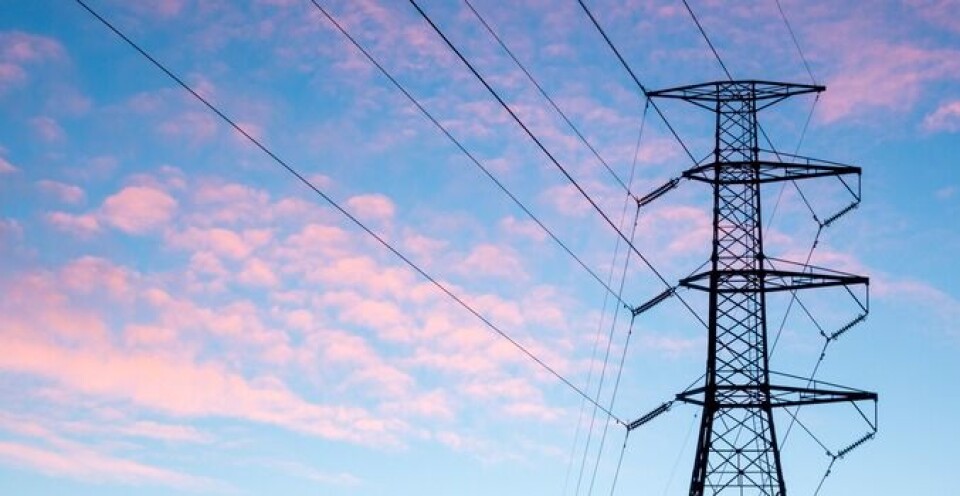Nigerian President Bola Tinubu has signed the Electricity Act 2021 into law as a replacement of the Electric Power Sector Reform Act (EPSRA) of 2005.
Among other things, the new law addresses the contemporary issues faced in the post-privatisation phase of the country’s power sector. Most importantly, though, the Act mandates electricity companies to either generate power from renewable energy sources or purchase power generated from renewable energy sources.
The Act states that one of the terms and conditions for licensing for electricity generating companies includes adherence to renewable purchase obligations or renewable generation obligations, as may be prescribed by the Nigerian Electricity Regulatory Commission (NERC).
According to Section 65, NERC has a continuing obligation to promote the generation of electricity from renewable energy sources as defined under the law. These energy sources include solar, wind, hydro and hydrogen.
The Act also saddles the Rural Electrification Agency with the development and utilisation of renewable energy sources and an enabling environment to attract investment in rural areas.
Experts say all of these clauses give a nod to clean energy and help phase out the dependency on fossil fuels.
It should be noted that the Nigerian government launched a Renewable Energy Master Plan in 2011 with the aim of increasing the share of renewable energy to 36% by 2030.
The International Trade Administration says this energy target will be comprised of renewable and carbon-intensive sources: Coal (2 200 MW), the Nigerian National Integrated Power Project (1 896 MW), independent power projects (296 MW), and legacy assets (thermal 5 600 MW, hydro 1 300 MW and wind 10MW).
The US agency added that the Nigerian government is also investing to boost generation through hydrostatic power plants of varying sizes with a total capacity of over 6 024 Megawatts.
However, in a recent report, the International Renewable Energy Agency (IRENA), noted that nearly 60% of Nigeria’s energy demand in 2050 can be met with renewable energy sources, saving 40% in natural gas and 65% in oil needs at the same time.
“Electrification will play a significant role in achieving higher renewable energy shares, with electricity in final energy use nearly doubling by 2050,” the agency noted.
To actualise this, a new initiative has been launched to finance decentralised renewable energy projects in Nigeria.
The Energy Transition & Access Facility for Africa (ETAFA) has been set up by the Nigerian investment company Chapel Hill Denham (CHD) and the Global Energy Alliance for People and Planet (GEAPP). The partnership seeks to mobilise US$ 100 billion over ten years to promote deployment of renewable energy in developing countries.
“Through partnerships with global institutions such as GEAPP, CHD seeks to mobilise up to $1 billion for clean energy projects in Nigeria and Africa by 2030. It also aims to halve the number of people without access to modern energy in Nigeria and Africa within the same timeframe,” said the CEO of CHD, Bolaji Balogun.
To join Africa Legal's mailing list please click here

